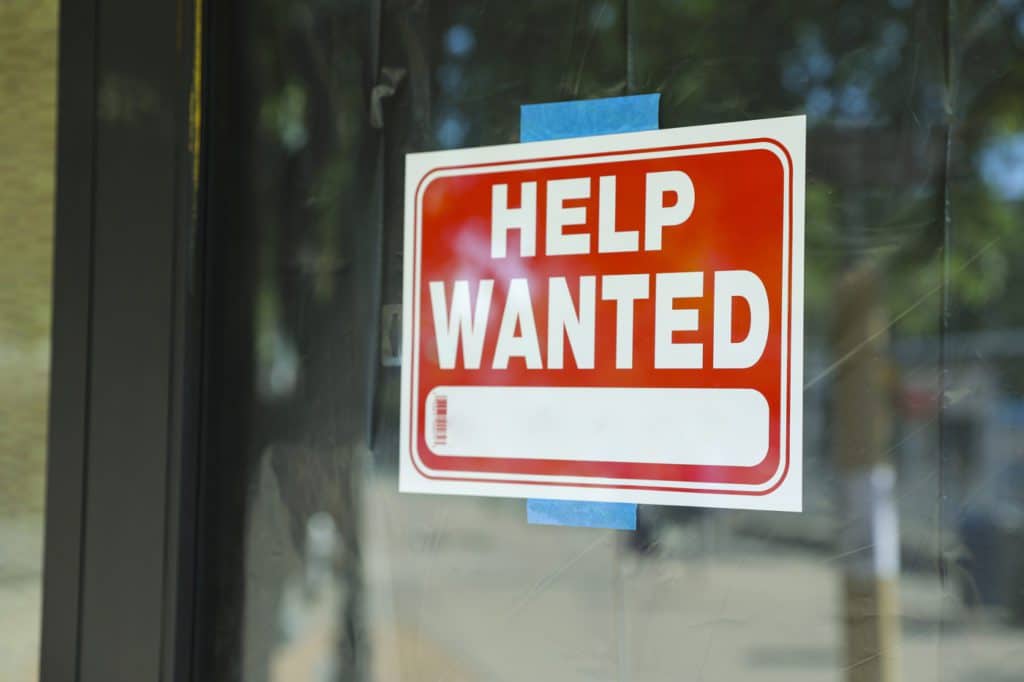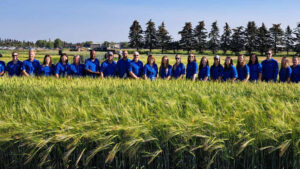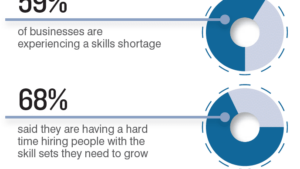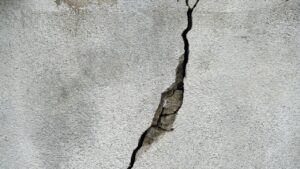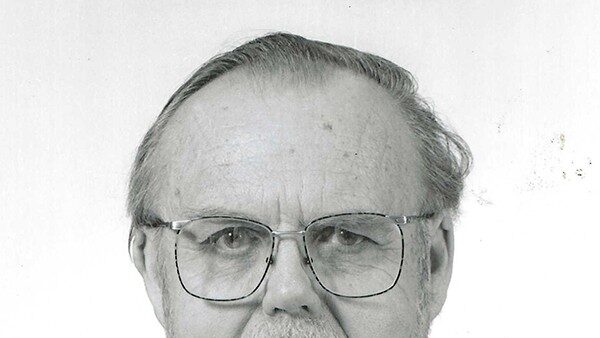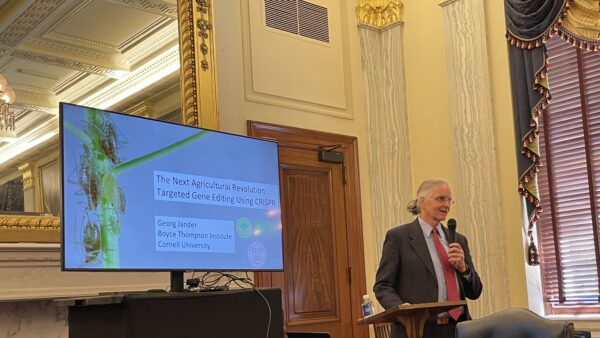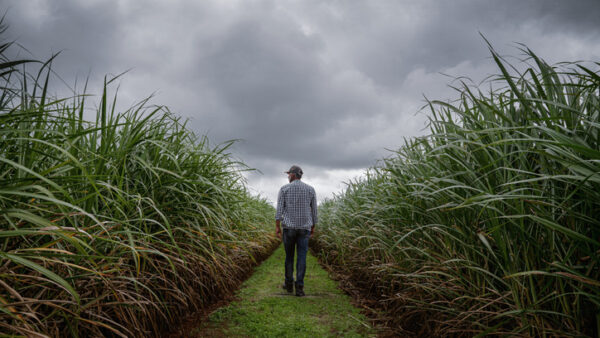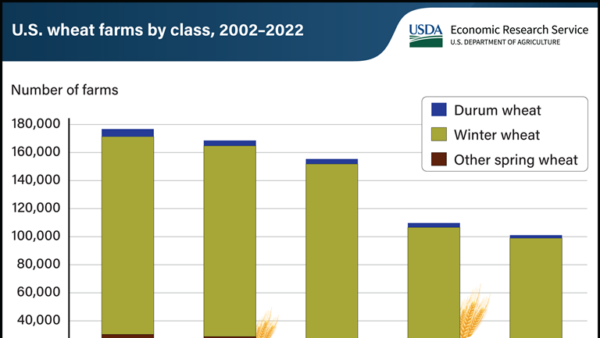There seem to be fewer people entering the seed analysis field, with less people writing their exam each year. We’re definitely experiencing a difficulty getting some fresh blood in.
I’ve been in seed testing for over 20 years, having received my education at Olds College in the Seed and Grain Diploma Program. I’ve always loved seed analysis. You’re always learning. There are always new weed seeds to discover, and every year is different.

Senior Seed Analyst, Seed Check Technologies
As you gain experience, you get a feeling of confidence and competency. Working with living things is like solving a puzzle, and seed analysis always keeps you engaged in your work.
So why are we having a harder time getting fresh blood into the seed analysis field?
We’re an obscure profession. There isn’t really anywhere to go to school to learn how to do this. There is no degree or diploma in seed analysis. Basically, you are trained in the lab. The lab itself has to be hiring and then has to find someone who wants to train. It’s a strange system in that it works a bit like an apprenticeship. Problem is, many young people are not aware that this is an actual career.
The program I took at Olds College no longer exists, because applications dwindled until they stopped the program.
There aren’t many of us to spread the word. We’ve often remarked in the seed testing community — before COVID, when we used to fly to our annual meetings — that a single plane represented as much as a third of our country’s seed analysts. It’s a niche job, but when you consider how important it is, it shouldn’t be.
Agriculture in general sometimes doesn’t seem like a really attractive career for young people. We have to make it more known to people.
How do we do that? By reframing the discussion to focus on the important ways our industry helps our country to function.
We’re global. Seed analysis is very important for trade. Seed analysts protect Canada by ensuring undesirable weed seeds and pathogens don’t make it into the country. Working in seed analysis means you’re working in the trade arena. That’s not to mention the fact that we help safeguard the food system by keeping poor quality seed out of the ground. Working in seed analysis means you’re also working in the food arena.
I believe a seed analysis training program would be hugely valuable in drawing people into our profession. We have to teach people what it’s like to work in a seed lab, and why it’s important. Recruiting seed analysts with the same zeal we use to recruit nurses, for example, would go a long way to bolstering our profession. We need to make seed analysis sexier.
I come from an urban background. I initially wanted to go to Olds College to take the equine program because I ride horses as a hobby. It’s very competitive program to get into and I didn’t get accepted. But I loved the college, and as I was flipping through the catalog looking at the other things they offered, I read about the seed and grain program and I thought it sounded really interesting.
Despite being from the city, I found my way into this industry. Others can, too, if we go the extra mile to draw them in. A lot of seed labs are located in larger urban centres. Seed analysis is a gateway to a great profession in the agricultural, science, trade and food spheres — and you don’t necessarily have to move to a rural area, unless you want to.
Doesn’t that sound like a career worth exploring?

